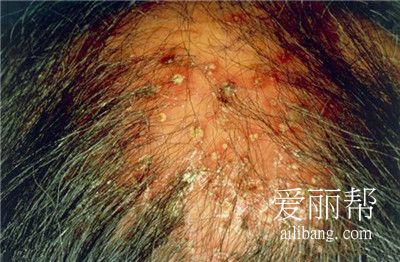It is believed that many people with hair loss know that hair transplantation can be done as soon as possible, which can not only ensure sufficient hair follicles in the back pillow, but also heal quickly and well. However, for some people, especially for cicatricial hair loss caused by head burns and scalds, people will have a question that hair transplantation can also be done in this way, Therefore, in order to help patients with cicatricial alopecia get rid of such problems as soon as possible, Xiao Bian has sorted out the following knowledge, let's have a look.
First, let's talk about the principle of hair planting. The long-lived hair follicles on the back pillow of oneself are extracted, separated and cultured by professional means, and then planted to the place where they need to be planted. After the transplanted hair follicle survives, new hair will grow after a certain period. If hair loss is caused by scar, the condition and process of hair transplantation will be more complicated than that of non scar hair transplantation.
Cicatricial alopecia can be divided into primary cicatricial alopecia and secondary cicatricial alopecia; Secondary cicatricial alopecia refers to cicatricial alopecia caused by external injuries such as deep burns and knife wounds, radiation dermatitis, skin malignancies and other diseases.

So, what conditions need to be met for scar hair transplantation?
If it is primary scar alopecia, the first thing is to carry out disease treatment, adjust and balance your physical health, and reduce the scalp scar area as much as possible. If the hair follicle in the scar area of the scalp is not necrotic, then hair can grow. If the hair follicle in the scar area is necrotic due to disease factors, the problem of hair loss can be improved by using a scalp expander plus the hair follicle in the occipital area after transplantation.
*After that, the operation can only be carried out if the health condition of the hair maker meets the conditions for hair transplantation. This is not only for hair makers with scar hair transplantation, but also for ordinary hair makers. This is not only related to the effect of hair transplant surgery, but also related to the health of hair friends themselves.
Through the above explanation, do you have an answer to the question "Can you do hair transplantation for cicatricial alopecia?"? Alibang hereby reminds the beauty lovers that they must choose a formal and qualified plastic surgery institution and a responsible plastic surgeon when choosing plastic surgery. At the same time, they should make preparations before and after the surgery, so that the plastic surgery can achieve good results. If you have any questions, you can directly consult our plastic surgery consultants online, and they will give you professional and detailed answers.









